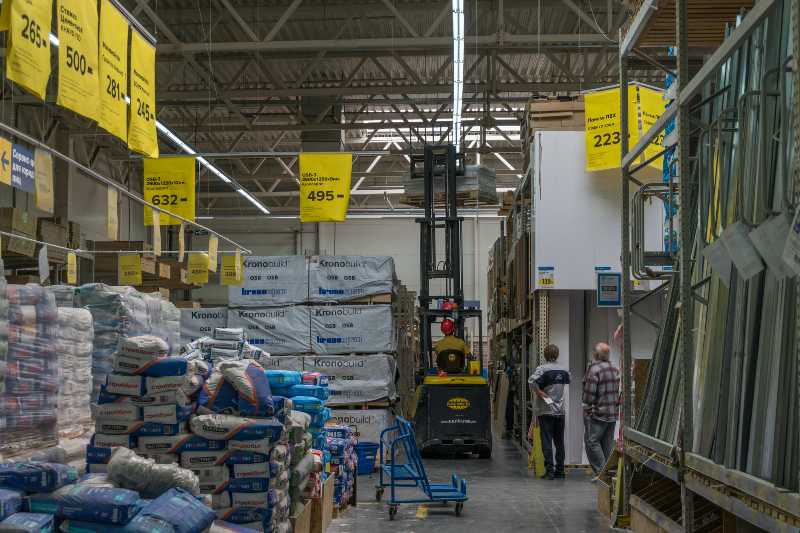Business
Wholesale Inventories Decline as Consumer Spending Goes Up

A faster than anticipated fall in wholesale inventories occurred concurrently with the increase in consumer expenditure in July.
The Commerce Department said Friday that wholesale inventories decreased by 0.2% in July, which is twice as much as was predicted. The reduction occurred for the second consecutive month.
According to a study the government provided last week, sales increased by 0.8 percent in July. This was much more than anticipated and, it seems, caught merchants off guard, causing wholesaler supplies to plunge.
In July, the inventory-to-sales ratio decreased from 1.41 months in June to 1.39 months. Due to this drop, wholesalers will probably start replenishing their warehouses again, which could speed up the pace of economic growth in the second half of the year.
Moreover, declining inventory can force businesses to boost prices, rekindling the inflationary process.
Stocks were much lower than initially believed, as the prior month's loss was revised down from a 0.5 percent decrease to a 0.7 percent decrease. As the economy has not entered a recession, many wholesalers and retailers have spent most of the year selling down their inventory inventories.
In the first three months of the year, the economy grew at a two percent annual pace, and in the second quarter, it grew at a 2.1 percent annual pace. The majority of indicators indicate that third-quarter growth has risen, entirely defying predictions for a reversal in the second half of 2023.
Up Next:



